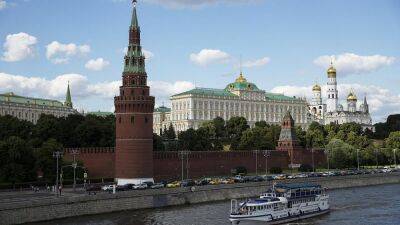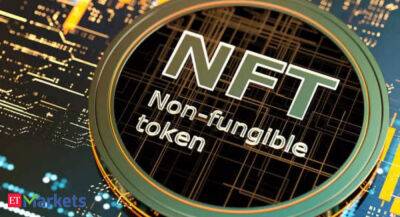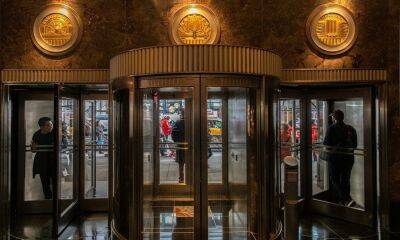The Guardian view on taxes: high time landowners paid their fair share
Even if you live hundreds of miles from Paddington or Stratford, you may know that London has just opened a vast and shiny new rail line. Once the 100km track is all joined up, a banker flying into Heathrow will be able to take one train directly into Canary Wharf, while a resident of Southall will be able to visit relatives in Seven Kings without ever having to change carriages, let alone lines.
Amid all this wizardry, some aspects of the Elizabeth line remain reassuringly true to the finest traditions of British infrastructure. Naturally enough, it is years over deadline and billions above budget. But one innovation especially worth highlighting lies not in its engineering but its economics. A big chunk of the cash for building came from businesses along the route. Through a special extra tax, sometimes called the Crossrail supplement, bigger companies stumped up over £4bn of the £19bn project. The principle for the levy is a simple one: the businesses along the line will benefit from increased customers and easier commutes for employees.
It sounds straightforward. It is straightforward. So why is the principle so rarely applied to our taxes? Over a century ago, Boris Johnson’s hero Winston Churchill argued: “Roads are made, streets are made, services are improved, electric light turns night into day, water is brought from reservoirs a hundred miles off in the mountains – and all the while the landlord sits still … he renders no service to the community, he contributes nothing to the general welfare, he contributes nothing to the process from which his own enrichment is derived.” It was a rousing call for a land value tax, a levy to capture rising land prices, and over the decades it has been supported by eminent
Read more on theguardian.com





















![Compound [COMP]: With a 103% rally to its credit, here’s how the token still manages to disappoint many](https://finance-news.co/storage/thumbs_400/img/2022/6/27/31274_icxf.jpg)
![Lido Finance [LDO]: Assessing what went wrong with this token in the last seven days](https://finance-news.co/storage/thumbs_400/img/2022/6/27/31273_3eejp.jpg)
